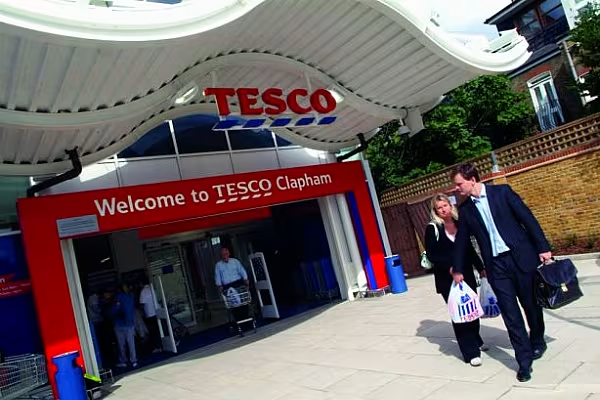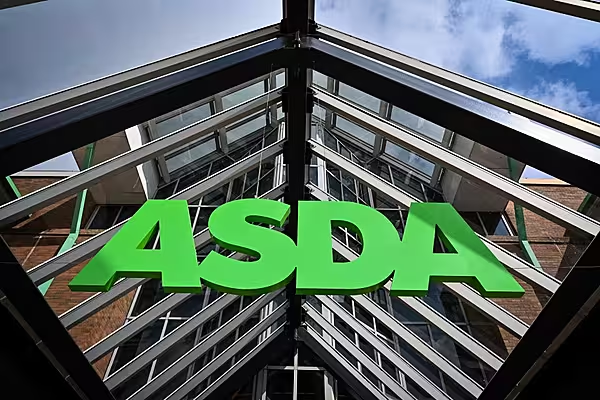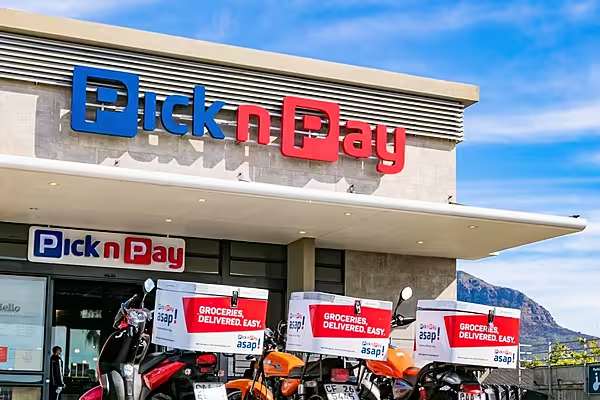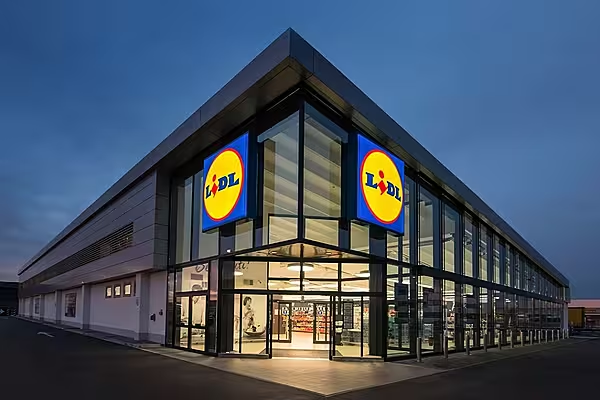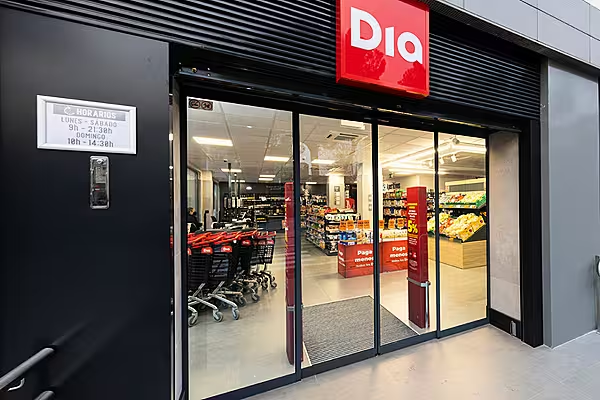After years in the retailing wilderness, Tesco Plc is getting back in touch with British shoppers.
The U.K.’s biggest supermarket chain on Friday posted its strongest sales growth in seven years, targeting customers’ desire for healthier foods at affordable prices while wrestling with Brexit-fueled inflation.
“We’ve done a good job in difficult conditions,” Chief Executive Officer Dave Lewis said on a conference call, almost three years after joining a business that was losing shoppers in the midst of an accounting scandal.
Lewis is heaping pressure on rivals by using the company’s vast buying power to resist inflationary pressure. Tesco has raised prices less than competitors since Britain’s vote to leave the European Union hit the pound, pushing up the cost of imported produce. It’s also focused that price push on an area at the forefront of consumers’ minds -- healthy living.
“Food, and fresh food in particular, is firing on all cylinders, and that’s a huge shot across the bows for its competitors,” John Ibbotson, an analyst at industry researcher Retail Vision, said by email.
Click here for the analysts' view of Tesco's quarterly performance.
The news was initially greeted positively by investors, driving the shares up as much as 4.5 percent. The stock later tumbled along with grocery shares across the U.S. and Europe as Amazon.com Inc. announced a major push into groceries with a $13.7 billion deal to acquire Whole Foods Market Inc.
Discounter Battle
Tesco’s sales signal that the grocer may be holding its own in a battle with discounters Aldi and Lidl as British consumers seek to cut back in the face of stagnant wages.
The retailer said U.K. same-store sales rose 2.3 percent in the first quarter, beating analyst estimates for a 1.9 percent increase. The growth rate was lifted by the impact of inflation, though Lewis said Tesco’s price rises were about 1.5 percentage points less than the broader industry’s 2.9 percent increases.
Lewis’s approach differs from Tesco’s strategy during the global financial crisis, when it raised prices so much that it alienated shoppers. A push toward healthier living also provided a boost in the latest period. In addition to cutting prices on more than 200 healthy products, Tesco introduced a reduced-price basket of products containing 27 percent less salt, 38 percent less sugar and 65 percent less saturated fat. Sales of healthy products rose 2.4 percent, Lewis said.
Tesco’s international businesses had a tougher quarter, with like-for-like sales falling 3 percent. That was mostly due to a previously undisclosed change in trading strategy in Thailand, where the retailer decided to end unprofitable sales of products such as alcohol and tobacco to independent traders.
News by Bloomberg, edited by ESM. Click subscribe to sign up to ESM: The European Supermarket Magazine.
